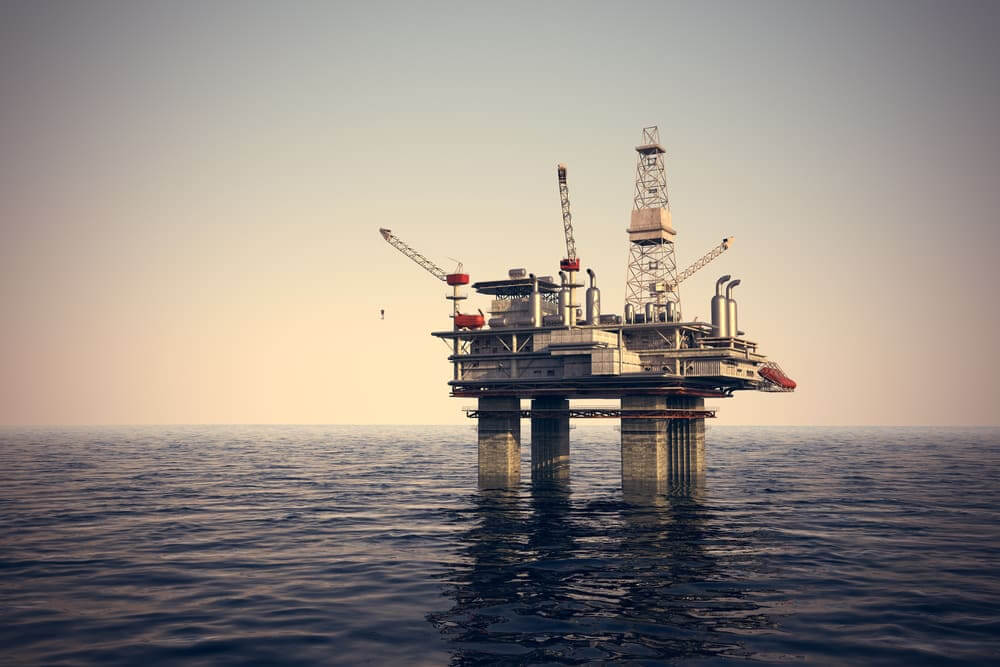Will Russian oil price caps work?

Will Russian oil price caps work?
Russian oil would be purchased at a discount from market pricing to limit Moscow’s earnings while it pursues its war on Ukraine. However, it would maintain the price above the manufacturing cost to ensure an export incentive. The discounted rates for crude oil and refined petroleum products could be altered regularly.
International systems have been aimed at preventing a country from exporting oil, such as those now targeting Iran and Venezuela, or at limiting trade, such as the UN “Oil-for-Food” program. Britain, Canada, France, Germany, Italy, Japan, and the United States have already curtailed or discontinued their purchases of Russian petroleum. However, for the strategy to be effective, other countries must participate, particularly large countries like India and China, which are some of Russia’s most important clients.
With the exception of three members, the European Union is preparing to restrict Russian petroleum imports on December 5 and bar European insurers from covering transit costs to non-EU destinations. The price-capping plan, launched by the US and later adopted by the G7, would exempt cargo sold at a lower price from the embargo, minimizing its impact.

Oil powers higher
Crude Oil prices rose at the start of the week as OPEC+ faced a major output decision and Europe’s energy crisis worsened rapidly. West Texas Intermediate rose toward $89 per barrel, while European natural gas futures rose by up to 35%. After Saudi Arabia hinted at a drop, the Organization of Petroleum Exporting Countries and allies, including Russia, will meet later Monday to decide production levels for October.
In recent weeks, oil market time spreads have been volatile. Brent’s prompt spread, the gap between its two nearest futures and a widely followed gauge for signals on tightness, was $1.40 a barrel in backwardation, down from $2.16 last Monday and 67 cents two weeks earlier.

Russia halts gas supplies to Europe
Gazprom, the Russian energy supplier, announced it would not continue supplying natural gas to Germany via the critical Nord Stream 1 pipeline due to a failing turbine.
The declaration came just hours after the Group of Seven economic giants agreed on a deal to control Russian oil prices.
It comes ahead of the European Central Bank’s meeting on Thursday, when economists anticipate it to hike its benchmark deposit rate from 0% to 0.6% or 0.75% amid concerns over Europe’s ability to satisfy its energy needs this winter and the possibility for a knock to growth. Meanwhile, the pound was trading at 1.1465 against the dollar as the United Kingdom prepared to announce its new Prime Minister.
Shell Plc announced Monday that it would collaborate with Malaysian state oil giant Petronas to develop the Rosmari-Marjoram gas reserves in Malaysia’s waters.
The Rosmari-Marjoram fields are located 220 kilometers off the coast of Bintulu in Malaysia’s Sarawak state.
The project is anticipated to begin gas production in 2026, with a daily capacity of 800 million standard cubic feet.
Sarawak Shell Berhad, a Shell subsidiary with 80% operational ownership in the project, and Petronas’ upstream business Carigali Sdn Bhd (20%) made the final investment decision.
OPEC+ meets later Monday and is widely anticipated to maintain current output levels despite low supplies.
However, Saudi Arabia, the group’s de facto leader, recently raised the notion of lowering production levels to sustain prices, helping the market.
Oil prices have declined in the last three months after reaching multi-year highs in March. There are fears that interest rate hikes and COVID-19 restrictions in areas of China, the world’s largest petroleum importer, may slow global economic development and chill oil consumption.
The post Will Russian oil price caps work? appeared first on FinanceBrokerage.
0 Response to "Will Russian oil price caps work?"
Post a Comment